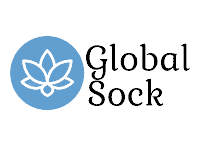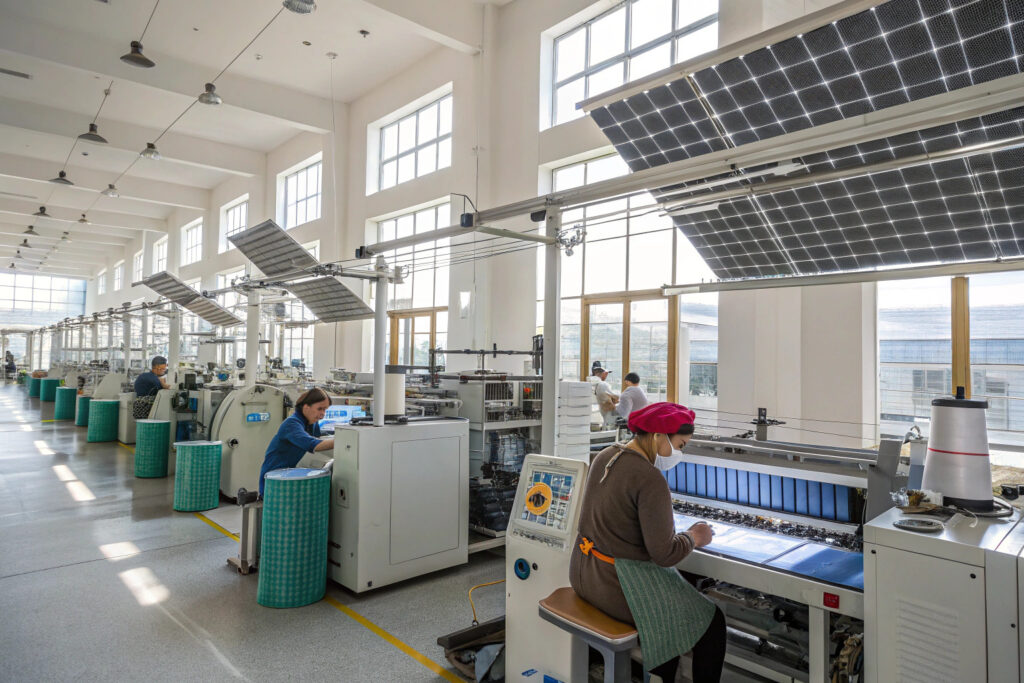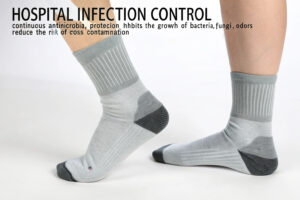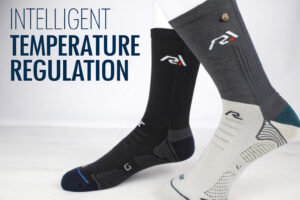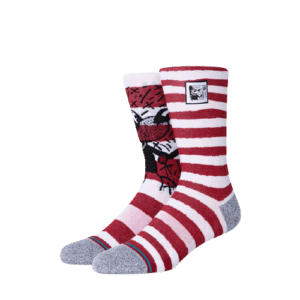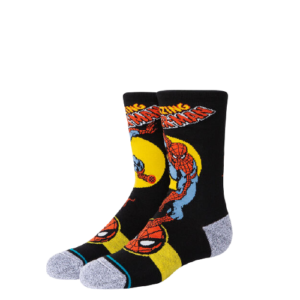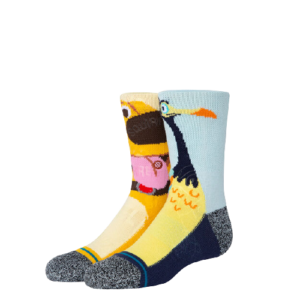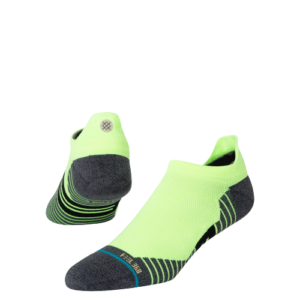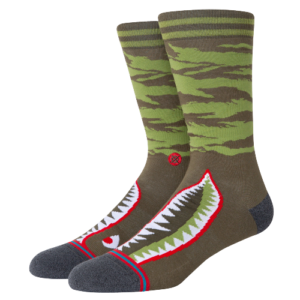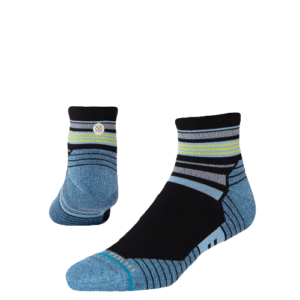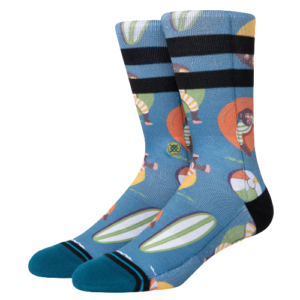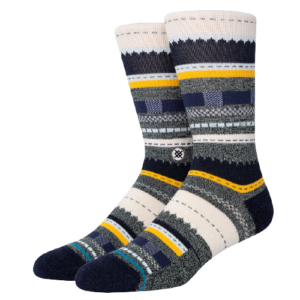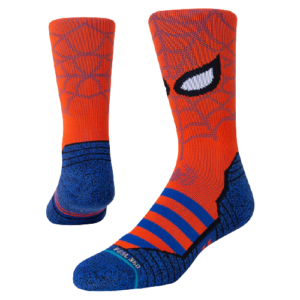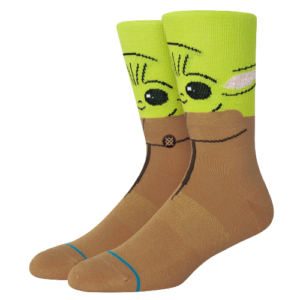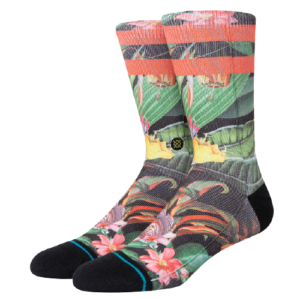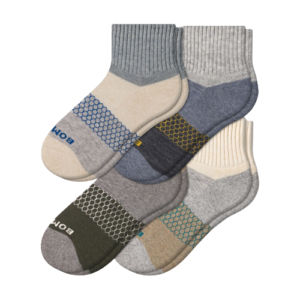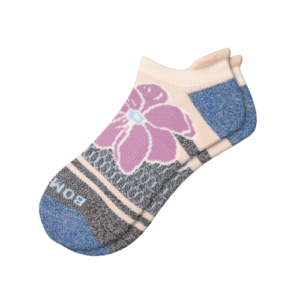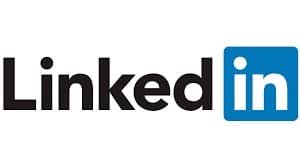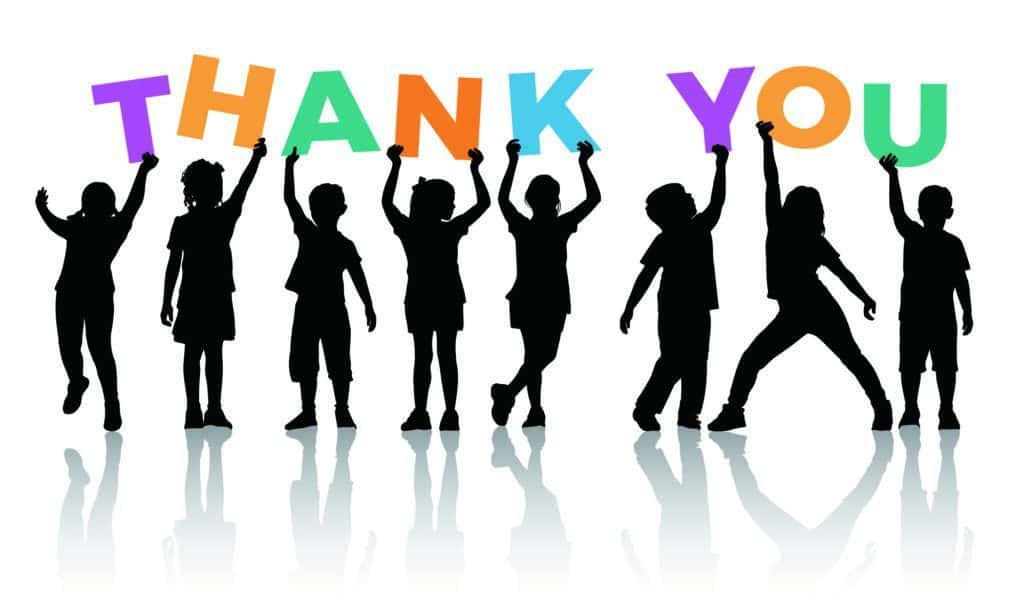The global apparel industry has long struggled with ethical concerns—from unfair wages to environmental destruction. In the wholesale sock sector, these challenges are amplified due to cost-cutting, seasonal demand spikes, and obscure supply chains.
Ethical production in wholesale sock manufacturing involves fair labor practices, safe working conditions, sustainable material sourcing, and transparency across every step of the supply chain.
As the founder of GlobalSock, I’ve personally worked to make our operations in Keqiao not only fast and high-yield—but fair and responsible. Our clients—especially those in Europe and the U.S.—care deeply about how their products are made. In this blog, I’ll guide you through the steps to ensure your sock sourcing is ethical and future-proof.
Why Does Ethical Manufacturing Matter in Socks?
Ethics isn’t just about doing the right thing—it’s about long-term business sustainability. Today’s consumers demand transparency, and large retailers must meet stricter compliance rules.
From avoiding forced labor to meeting global standards like BSCI or WRAP, ethical sock production helps build brand trust, avoid legal trouble, and create positive impact.
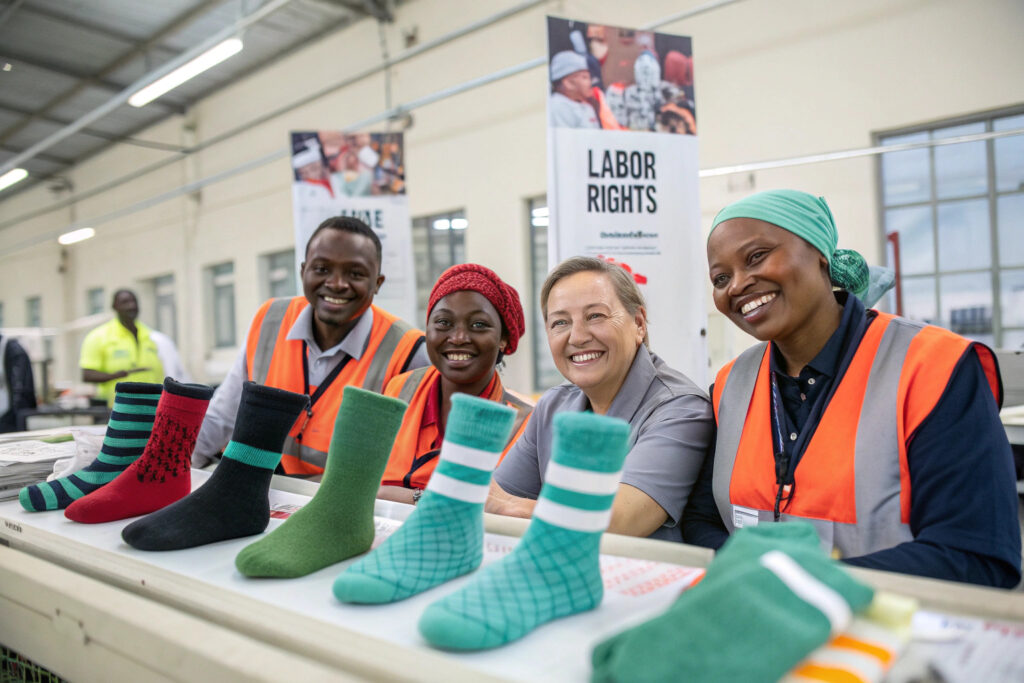
What Certifications Indicate Ethical Compliance?
Certifications are a buyer’s first assurance of ethical production. Look for factories certified by BSCI, WRAP, and Sedex. These organizations audit labor practices, safety protocols, and wage transparency.
GlobalSock’s facility complies with CNAS lab standards and we are expanding our ethical certifications to meet EU buyer demands.
How Do Labor Conditions Affect Quality?
Workers treated fairly produce better products. Consistent training, safe environments, and fair pay result in less turnover, higher skill, and fewer mistakes. According to ILO studies, ethical conditions correlate directly with productivity and quality control.
How Can Material Sourcing Be Made Ethical?
The sock industry depends on yarn—and that yarn often comes from regions with human rights concerns or poor environmental records.
Ethical sourcing means choosing suppliers who meet labor and environmental standards, use recycled or organic fibers, and offer transparent traceability from farm to factory.
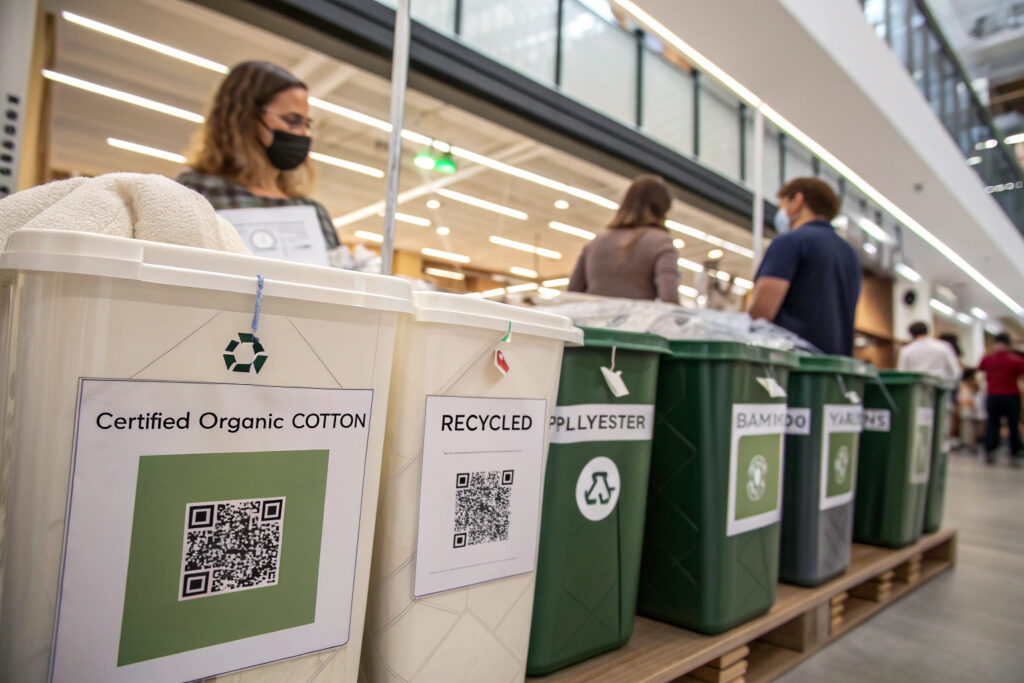
Are Organic or Recycled Fibers Better?
Both have their place. Organic cotton avoids pesticides and supports soil health. Recycled polyester reduces landfill waste. At GlobalSock, we use GOTS-certified organic yarns and GRS-certified recycled yarns to meet sustainability benchmarks.
For buyers in Europe, these certifications are more than labels—they’re often import requirements.
How Do You Ensure Supplier Transparency?
We use a QR code-based tracking system that shows yarn origin, factory handling, and dyeing details. Technologies like blockchain traceability are growing, but simpler digital tools already offer strong transparency for medium-scale sock buyers.
What Factory Practices Show Ethical Commitment?
Beyond labor rights and materials, the internal culture of a factory is a mirror of its ethical stance.
Practices such as wage transparency, gender equity, health and safety drills, and clean energy usage are signs of a factory committed to ethical manufacturing.
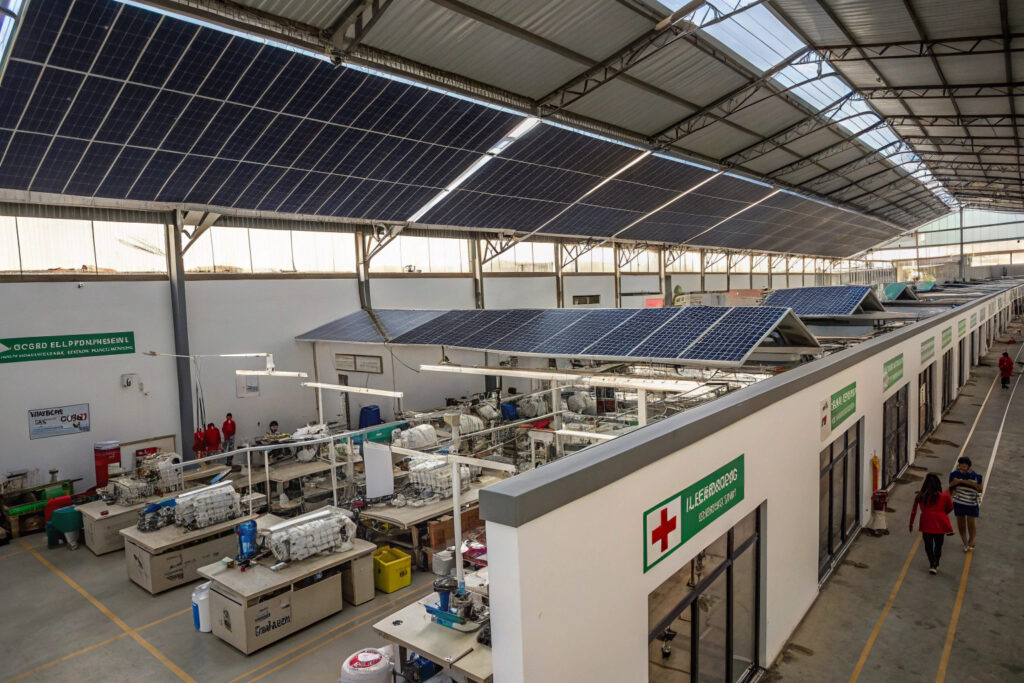
What Are Red Flags in a Factory Visit?
Watch out for overcrowded spaces, lack of PPE (personal protective equipment), and unclear wage policies. Also, avoid suppliers that don’t allow unannounced audits or refuse to share worker data.
The Clean Clothes Campaign and Fair Wear Foundation provide tools for ethical factory evaluation.
How Can Tech Help Factories Stay Compliant?
We use AI-driven QC (quality control) systems to reduce defects and waste. But we also invest in IoT sensors that monitor factory temperature, airflow, and machine efficiency, ensuring worker safety and operational excellence.
What Role Do Buyers Play in Promoting Ethics?
Ethical production isn’t just the supplier’s job. Buyers like Ron—our U.S. partner—help shape factory behavior by what they demand and what they reward.
Requesting audits, choosing certified suppliers, and aligning with ESG (Environmental, Social, Governance) standards pushes the entire industry toward higher ethics.
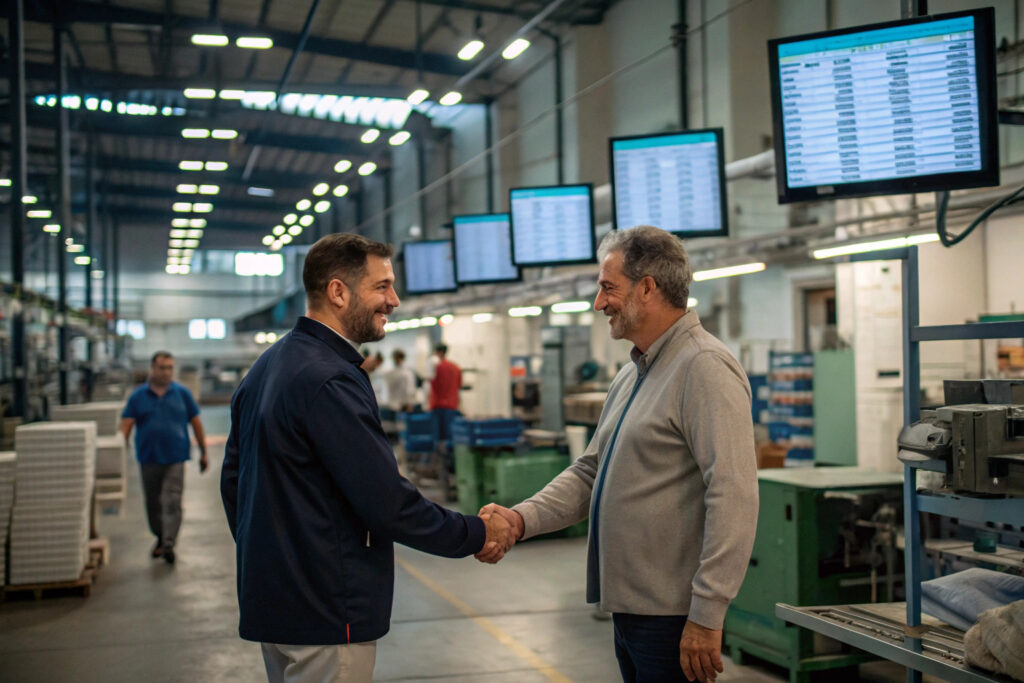
Should You Include Ethics in Your RFQ?
Yes. Your request for quotation should clearly state your ethical expectations—labor compliance, certifications, and sustainability goals. Global brands like Patagonia and Eileen Fisher lead by example by building such criteria into every purchase.
Can Smaller Buyers Influence Big Change?
Absolutely. By asking questions, choosing certified factories, and promoting ethical stories in their marketing, even small eCommerce brands make a difference. Our small-batch custom clients often use our ethical credentials as a brand-building strategy.
Conclusion
Ethical sock manufacturing isn't a luxury—it's the future of the industry. From choosing GOTS and BSCI certified materials to promoting fair wages and safe working conditions, we can reshape wholesale socks from the inside out. At GlobalSock, we’ve made this part of our DNA—not just to meet buyer standards, but because it’s the right thing to do.
We don’t just manufacture—we co-create responsibly with our partners. Whether you're sourcing for a global fashion retailer or your own Shopify store, ethics should always be part of your checklist.
